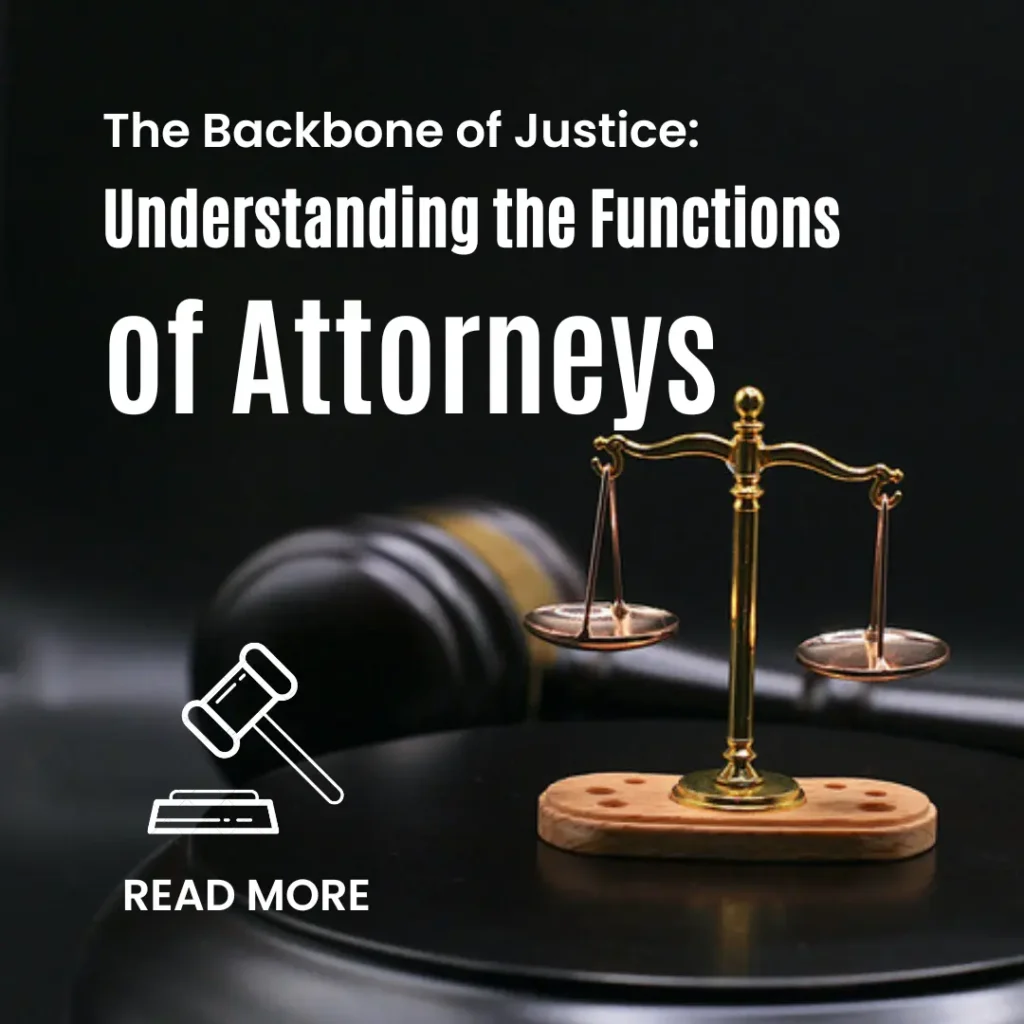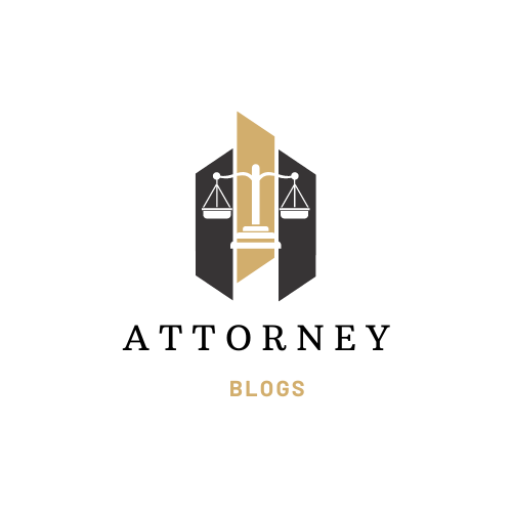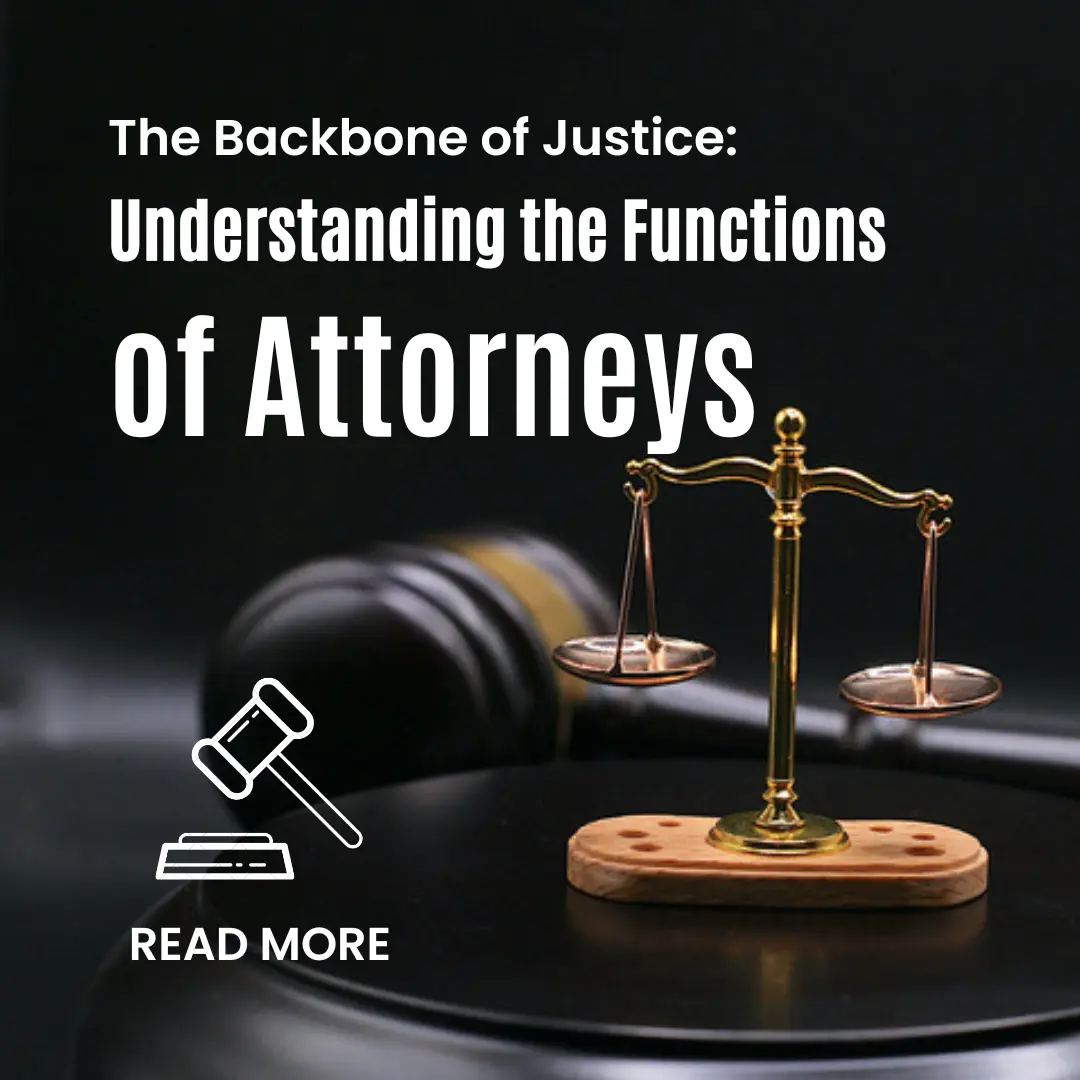Introduction
Courtroom attorneys defend and enforce laws. They offer legal advice and court representation. Attorneys’ ethical duties, legal system influence, and duties in various legal scenarios are examined in this article.
Legal representation is done by attorneys. One of the attorneys’ main duties is courtroom representation. We represent criminal, civil, and administrative hearings. Legal experts help clients prosper.
Criminal Defense

A criminal defense lawyer protects the accused rights. A fair trial, questioning of the prosecution’s evidence, and a good defense are required. This responsibility is necessary for “innocent until proven guilty.”
Defense counsel carefully reviews the prosecution’s case. They question witnesses, gather evidence, and prepare defenses. The accused may obtain lesser sentences in plea agreements. Lawyers defend clients’ constitutional rights to a fair trial and self-incrimination.
In serious crimes, a strong defense counsel can determine acquittal. They must protect the criminal justice system and ensure fair trials.
Legal Action
In contrast, property, personal injury, and other civil actions, attorneys represent parties. Sue, negotiate and represent clients in court.
Multi-party and contract disputes are handled by civil litigators. Evidence is collected and analyzed to support clients’ claims. Civil attorneys share evidence and information during pre-trial discovery. This is crucial for case building and settlement site selection.
The civil lawsuit requires negotiation. Legal conflicts are routinely settled without trial. This saves both parties time, money, and uncertainty. Civil attorneys work outside courts. Clients use strategic counsel to manage legal risks and make decisions. A proactive strategy reduces claims costs.
Corporate Lawyer
Lawyers help corporations negotiate contracts and follow rules. Firms utilize them for risk management and legal compliance.
Company actions necessitate counsel. Legality and business interests are considered while writing contracts. They assist firms with local, state, and federal regulations. Banking, healthcare, and technology are heavily regulated, thus this is crucial.
Board members and executives consult in-house counsel on legal issues affecting operations and long-term goals. They manage IP, corporate conflicts, and internal investigations. They help companies achieve goals while limiting legal risks using their business and legal expertise.
Personal Law Issues
Attorneys assist with estate planning, family law, and personal injury. Lawyers advise clients on legal choices.
Wills, trusts, and asset distribution can be handled by estate lawyers. Making customers’ decisions plain and legally enforceable eliminates beneficiary conflicts. Emotionally distressed customers receive care.
Personal injury attorneys defend careless victims. Medical bills, missed pay, and suffering are their claims. Personal injury attorneys aid clients financially and legally by negotiating settlements or suing.
Attorneys’ competence in these areas empowers clients to solve legal issues. Their advocacy is crucial to client rights and success.
Specialized Attorney Jobs
Public defenders
Public defenders protect the poor. They are essential to income-neutral justice. Public defenders must handle many difficult cases to represent.
Prosecutors
Prosecutors seek victim justice. Law enforcement, public safety, and judicial integrity are their duties.
Jurists and scholars
Certain lawyers become judges or intellectuals. Judges decide legal issues and ensure fair trials. Legal academics produce, study, and educate attorneys.
Attorney Ethics
Integrity, competence
For legal integrity, attorneys must be ethical. Attorneys must be honest, diligent, and respectful of clients and the law. These ethics are essential for public faith in the courts and professional devotion.
Confidentiality
In legal ethics, secrecy is valued. Attorneys cannot release client data without approval. This includes written, verbal, and electronic communication. Clients must be honest with attorneys for good representation.
Bar association disciplinary sanctions, legal responsibility, and professional reputation damage await attorneys who break confidentiality. Attorneys can be disbarred for serious offenses.
Acting ethically is essential for attorneys in all professional activities. That requires honesty with clients, judges, and opponents. Criminal misrepresentation and dishonesty damage justice and public trust.
Due diligence is another attorney’s ethical obligation. Lawyers must handle client difficulties rapidly. This requires strategy, legal competence, and persuasion. Neglecting a client’s case may result in legal action.
Conflict of Interest
Conflicts of interest must be avoided in client representation. An attorney’s personal relationships, interests, or obligations to a client clash with their representation. Managing conflicts of interest typically requires denying representation or informed consent from all parties.
An attorney representing two clients with conflicting lawsuit interests has a conflict. Before taking on new clients, lawyers must do rigorous conflict checks and act responsibly.
Pro Bono Work
Low-income customers receive free or low-cost legal assistance from many attorneys. Lawyers must serve the public for justice and the underprivileged.
Free court representation, community clinic legal assistance, and public interest litigation. Free lawyers ensure justice for the wealthy and poor.
Legal aid, non-profits, and bar associations pair attorneys with pro bono clients. This profession serves clients and attorneys by improving society and removing legal structural disparities.
Attorney Impact on Society’s Access to Justice
Attorneys advise and protect rights. Law and justice require this. People without lawyers may struggle in the justice system, resulting in bad outcomes.
Equal Representation
Everyone has the right to court hearings, regardless of income. For people who cannot afford or comprehend legal aid, attorneys assist. This access relies on public defenders, legal assistance, and pro bono. These services ensure fair trials and justice for everybody.
Public Defenders and Legal Aid
Legal assistance and public defenders help low-income people without lawyers. Fair trials and criminal defendant rights are protected by public defenders. Housing, family, and work issues are handled by legal aid agencies. These programs promote judicial equality by helping individuals settle legal issues.
Pro Bono Work
Many attorneys and law companies provide free legal aid to the poor. Public service and justice attorneys must do pro bono work. Attorneys provide skills and resources to level the playing field and achieve legal remedies for everyone.
Public Policy Impact
Litigation, lobbying, and advocacy impact public policy and legislation. Their competence impacts societal control, rights, and justice. Legal problems and public-interest remedies are best found by lawyers.
Legal precedents and cases
Lawyers influence policy by litigating. Court challenges of discriminatory laws and practices can alter systems. Major environmental, consumer, and civil rights lawsuits result from attorney-led litigation. These occurrences can change laws and policies.
Advocates and lobbyists
Lawyers advocate legislation. They advise legislators and attend public hearings. Attorneys develop laws that reflect society’s ideals. Their engagement assures fair, balanced, and well-informed new legislation.
Public Interest Law
Attorneys consider human rights, environmental conservation, and social justice public interest. These attorneys assist non-profits, advocacy groups, and government agencies improve society via law and policy. Their work helps society by fixing structures.
Individual Rights Protection
Lawyers defend criminal, civil, and familial rights. They safeguard customers’ rights and limit authority. In rule-of-law cultures, attorneys defend rights.
Criminal Defense
Criminal defense lawyers represent defendants. They provide fair trials, legal counsel, and criminal justice. Defenders oppose inappropriate searches and seizures, forced confessions, and prosecution misconduct for the accused’s constitutional rights.
Civil Rights Cases
Civil rights attorneys battle inequity. Free speech, equal protection, and due process are challenged. These lawyers defend the disadvantaged and fight institutional prejudice. They encourage justice and equality.

Family Law
Attorneys defend divorce, child custody, and domestic violence cases. Fair settlements, family protection, and legal dignity and rights are their priorities. Family attorneys help families resolve issues and create supportive settings.
Protecting Consumers Market lawyers safeguard individual rights. By holding corporations accountable, these attorneys create fair and transparent marketplaces.
Heavy Challenges for Attorneys Work, Stress
Law is difficult and demanding. Attorneys handle sensitive circumstances, long hours, and tight deadlines.
Work-life balance
Attorneys typically struggle with work-life balance. Stress from work may ruin relationships and health.
Ethical issues
Legality and aggressive client representation are typically tradeoffs for lawyers. Ethics are needed for these issues.
Legal profession Future tech advances
Technological advances alter laws. AI, legal research databases, and electronic discovery improve legal procedures.
Legal education adapts to new needs. Technology, practical skills, and multidisciplinary methodologies educate law students for numerous jobs.
International Law and Globalization
International rules and cross-border difficulties hinder legal practice due to globalization. This demands substantial legal and international law knowledge.
Conclusion
Attorneys enforce laws, safeguard rights, and give justice. Legal representation and public service are their duties. Justice and ethics drive lawyers to adjust to changing laws. Although culture and technology modify attorneys’ obligations, their mission—to pursue justice—remains.


2 thoughts on “The Backbone of Justice: Understanding the Functions of Attorneys”